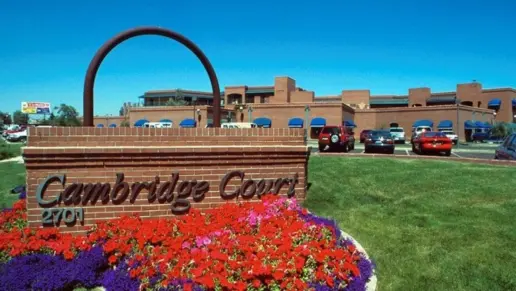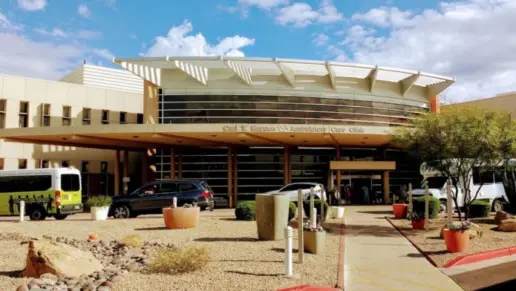In this place they treated me like trash, I have never had such bad service in my life like this. The staff doesn't have the experience or ability to treat patients with mental or addiction problems. The telephone of the place seems that doesn't work because they never answe ...
About Spectrum Healthcare Group
Located in Cottonwood, Arizona, Spectrum Healthcare Group provides primary care and behavioral health care for children, teenagers, and adults. This includes crisis support, residential treatment, and outpatient treatment for clients who are addicted to drugs or alcohol. They accept most major insurance plans and can accommodate telehealth visits.
This integrated treatment approach means that not only can you heal your body from the effects of addiction, but you can also address the mental and emotional aspects of the condition, including the ways that it’s affected your behavior, relationships, and ability to cope with life’s challenges. Their psychiatrists are trained and experienced in both physical and behavioral health, and they meet with clients daily to equip them with the tools they need for a life of safety and sobriety.
If you need more intensive support as you begin your personal recovery journey, their residential program can accommodate that need. Here, you’ll have the opportunity to focus on your wellness, talk through your challenges, and learn critical life skills. The goal of this program is to help you live as independently as possible when you exit. The team even offers employment opportunities through the Work Adjustment Training Program to help you discover your talents, earn an income, and set yourself up for long term success.
It’s this focus on whole-person health that sets Spectrum Healthcare Group apart. Instead of simply treating the disease of addiction, they help you heal from the inside out so you can restore your health and gain resilience. If your substance abuse has led to any physical ailments, such as chronic pain, you can visit other departments within the facility to find professional treatment.
In testimonials, clients share that they appreciate having all of their healthcare needs met under one roof. At one general location, they can take care of lab work, psychiatric evaluations, mental health counseling, primary care appointments, and other critical services. This makes them more likely to choose Spectrum Healthcare Group in the future.
Facility Overview
Rehab Score
Gallery
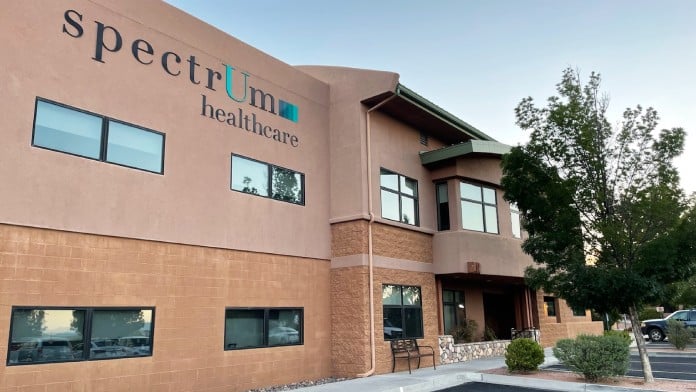
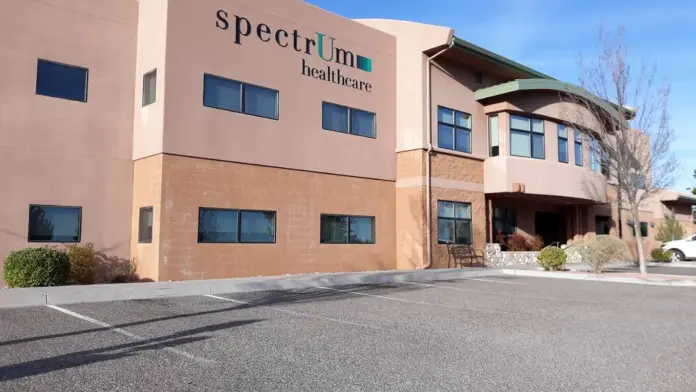
Location
Accepted Insurance
Other Forms of Payment
Private insurance refers to any kind of healthcare coverage that isn't from the state or federal government. This includes individual and family plans offered by an employer or purchased from the Insurance Marketplace. Every plan will have different requirements and out of pocket costs so be sure to get the full details before you start treatment.
Self-pay involves paying for treatment out of your own pocket. You can use savings or credit, get a personal loan, or receive help from family and friends to fund your treatment. If you don't have insurance or your insurance plan doesn't cover a specific program, self-pay can help ensure you still get the care you need.
Financial aid can take many forms. Centers may have grants or scholarships available to clients who meet eligibility requirements. Programs that receive SAMHSA grants may have financial aid available for those who need treatment as well. Grants and scholarships can help you pai for treatment without having to repay.
Medicare is a federal program that provides health insurance for those 65 and older. It also serves people under 65 with chronic and disabling health challenges. To use Medicare for addiction treatment you need to find a program that accepts Medicare and is in network with your plan. Out of pocket costs and preauthorization requirements vary, so always check with your provider.
Military members, veterans, and eligible dependents have access to specific insurance programs that help them get the care they need. TRICARE and VA insurance can help you access low cost or no cost addiction and mental health treatment. Programs that accept military insurance often have targeted treatment focused on the unique challenges military members, veterans, and their families face.
Medicaid is a state based program that helps lower-income individuals and families pay for healthcare. Medicaid covers addiction treatment so those enrolled can use their coverage to pay for rehab. When a program accepts Medicaid the client often pays very little or nothing out of their own pocket.
Addiction Treatments
Levels of Care
Treatments
The goal of treatment for alcoholism is abstinence. Those with poor social support, poor motivation, or psychiatric disorders tend to relapse within a few years of treatment. For these people, success is measured by longer periods of abstinence, reduced use of alcohol, better health, and improved social functioning. Recovery and Maintenance are usually based on 12 step programs and AA meetings.
Drug rehab in Arizona is the process of treating individuals who are dependent on a particular addictive drug. Because addiction is complex, this treatment typically includes a variety of interventions that address the many physical and emotional issues involved.
Many of those suffering from addiction also suffer from mental or emotional illnesses like schizophrenia, bipolar disorder, depression, or anxiety disorders. Rehab and other substance abuse facilities treating those with a dual diagnosis or co-occurring disorder administer psychiatric treatment to address the person's mental health issue in addition to drug and alcohol rehabilitation.
A combined mental health and substance abuse rehab has the staff and resources available to handle individuals with both mental health and substance abuse issues. It can be challenging to determine where a specific symptom stems from (a mental health issue or an issue related to substance abuse), so mental health and substance abuse professionals are helpful in detangling symptoms and keeping treatment on track.
Opioid rehabs specialize in supporting those recovering from opioid addiction. They treat those suffering from addiction to illegal opioids like heroin, as well as prescription drugs like oxycodone. These centers typically combine both physical as well as mental and emotional support to help stop addiction. Physical support often includes medical detox and subsequent medical support (including medication), and mental support includes in-depth therapy to address the underlying causes of addiction.
Programs


Clinical Services
Group therapy is any therapeutic work that happens in a group (not one-on-one). There are a number of different group therapy modalities, including support groups, experiential therapy, psycho-education, and more. Group therapy involves treatment as well as processing interaction between group members.
In individual therapy, a patient meets one-on-one with a trained psychologist or counselor. Therapy is a pivotal part of effective substance abuse treatment, as it often covers root causes of addiction, including challenges faced by the patient in their social, family, and work/school life.
Trauma therapy addresses traumatic incidents from a client's past that are likely affecting their present-day experience. Trauma is often one of the primary triggers and potential causes of addiction, and can stem from child sexual abuse, domestic violence, having a parent with a mental illness, losing one or both parents at a young age, teenage or adult sexual assault, or any number of other factors. The purpose of trauma therapy is to allow a patient to process trauma and move through and past it, with the help of trained and compassionate mental health professionals.
Whether a marriage or other committed relationship, an intimate partnership is one of the most important aspects of a person's life. Drug and alcohol addiction affects both members of a couple in deep and meaningful ways, as does rehab and recovery. Couples therapy and other couples-focused treatment programs are significant parts of exploring triggers of addiction, as well as learning how to build healthy patterns to support ongoing sobriety.
Research clearly demonstrates that recovery is far more successful and sustainable when loved ones like family members participate in rehab and substance abuse treatment. Genetic factors may be at play when it comes to drug and alcohol addiction, as well as mental health issues. Family dynamics often play a critical role in addiction triggers, and if properly educated, family members can be a strong source of support when it comes to rehabilitation.
Staff
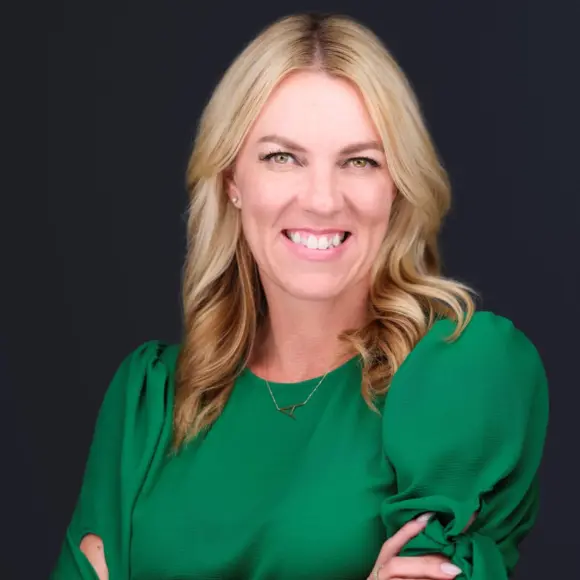
CEO

Deputy CEO
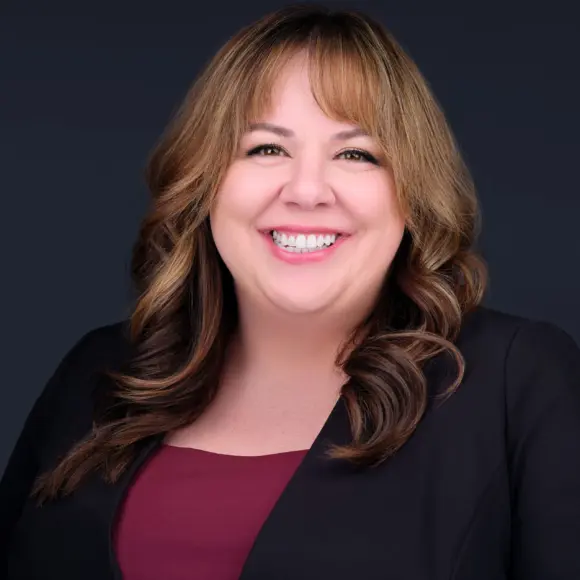
Interim CFO
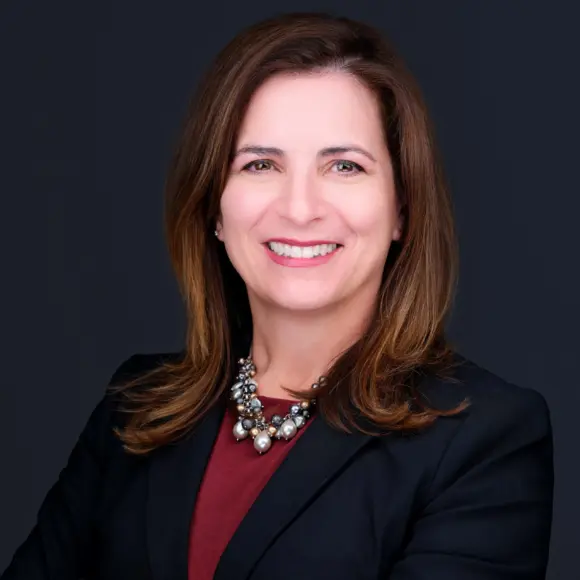
Chief Human Resources Officer

VP Administration
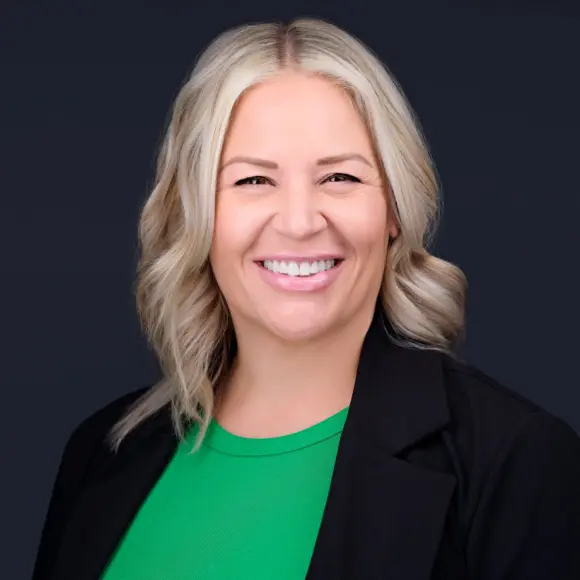
VP Corporate Communications

Statewide Director Medical Services
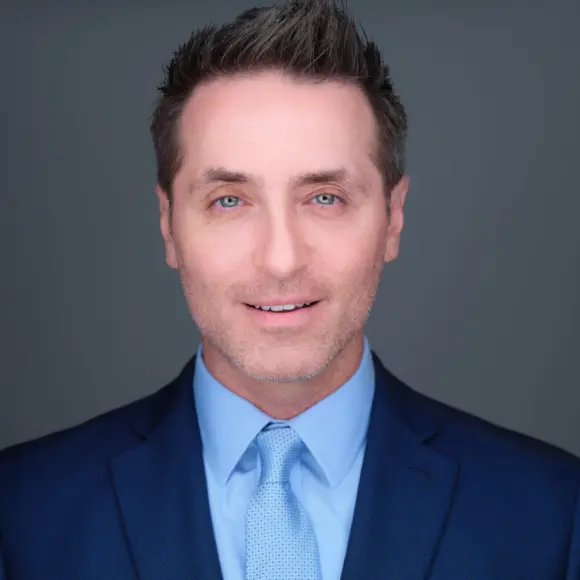
Statewide Director Outpatient Services
Contact Information
8 East Cottonwood Street
Cottonwood, AZ 86326


